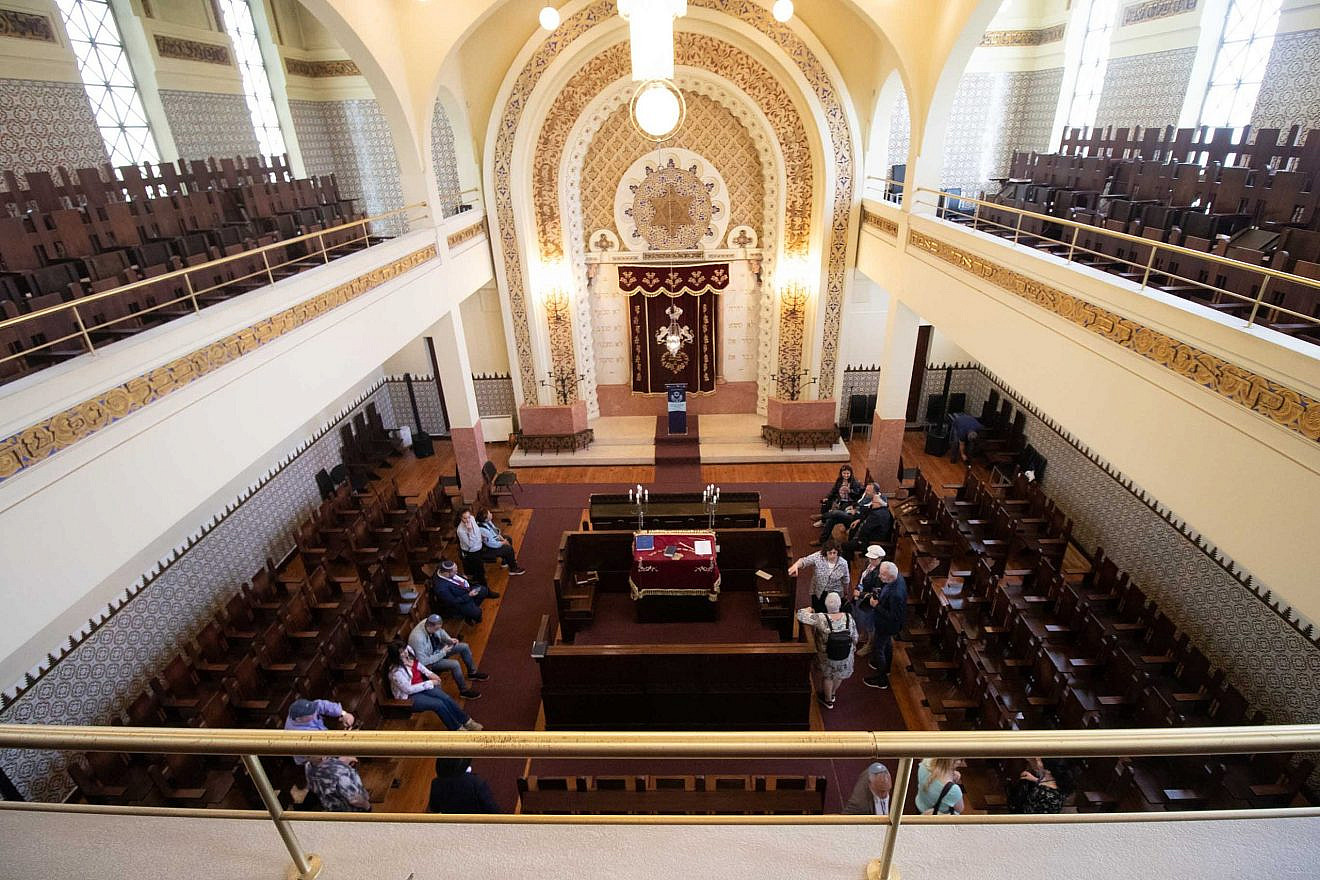We often hear of a shul bringing on a young rabbi in hopes that he and his family will attract other young families, which will help the community grow. I heard this idea mentioned at my own synagogue when I was in discussions to take the helm. The go-to phrase is always “young families.”
But what message is this sending to Jewish singles? What are we doing to bring them into the community? Are we inadvertently sending the message that they are meant to stay in “singles communities” such as the Upper West Side or Washington Heights?
It’s time for us to change course and stop focusing on “new families.” We should focus instead on “new members,” because each person plays a vital role in community growth—whether they are single, married or a family with children.
Perhaps one of the benefits of having a young rabbi is that he may still have single friends. Thus, he may know how to bring singles to the synagogue by helping them feel they are an equal part of our community. They don’t need to stay in an area designated for singles just because synagogues in the suburbs are catering to families.
While many Jews get married young, more and more are getting married later. This correlates with national trends. Thus, we must adapt our approach and take proactive steps to engage and support these individuals the same way we have programming for women, men, children and seniors.
Synagogues around the world offer different activities for different congregants—whether it’s lectures for adults, youth programming for children, teen programming for teenagers or activities for seniors. Everyone comes together for services, however.
This is how we should approach the task of engaging singles. We should have specific programming for them along with times they join the rest of the congregation, just as we do with other demographics.
I recently read a letter to the editor in a Jewish weekly newspaper about how there are endless articles talking about the singles crisis in our community, but little action. I don’t know the person who wrote the letter and whether they were married or single, but I was moved by it. Afterward, I spoke with friends who are single and some of them felt they had aged out of the traditional “single communities.” Others shared their trepidation about being the “single guy” in a community with families.
I knew that it was time for action. While this is a community challenge and opportunity, action starts with someone and in this case I’m making the issue a priority for my own synagogue, which has more than 150 members. But to turn the tide, we need other synagogues to join in.
Recognizing the importance of fostering connections and providing a sense of belonging for all members of our community, our synagogue will take steps to create an inclusive and supportive environment for singles. As part of our efforts, we will be hosting a dedicated Shabbat once a month in which singles are invited to join us for a meal, fostering meaningful connections and building a sense of camaraderie among individuals who may share similar experiences. I will be opening my home for the first such Shabbat and inviting singles to join my family and I at our table. I have many congregants who have reached out to say that they would like to join as well. So, in the coming months, we will also have community members host these meals.
Additionally, we will be implementing changes in our synagogue practices to actively involve and uplift singles. One of them is committing to giving two aliyahs each Shabbat morning to individuals who are single. Unfortunately, aliyahs are often given to men whose families are very involved in synagogue life, which does not make room for others. This symbolic gesture acknowledges their contribution and highlights their significance as valued members of our community.
This is just the beginning. In the same way that our synagogue constantly evaluates the programming we provide for women, men, children, teens and seniors, we will continue to evaluate our success in bringing in singles and making them feel welcome.
As we embark on this journey, I am eager to hear from community members who share our vision and passion for this cause. By coming together, sharing ideas and collaborating, we can initiate real change and make a lasting impact on the lives of singles within our community.
To create real change, however, this initiative must be larger than just our synagogue. Synagogues are meant to be a home for all. By proactively engaging singles, we demonstrate our commitment to the principles of inclusivity and unity that are at the core of our faith. Together, let us build a community in which every individual feels embraced, valued and empowered to fully participate in the beautiful tapestry of Jewish life.
I hope other synagogues will join us, because we can create real change. Together, we can form a community that celebrates and embraces individuals at all stages of life, fostering an environment of acceptance, support and love. Let’s alter the language we use when talking about the size of our synagogues, shifting from “families” to “members” in order to ensure that everyone feels seen, heard and acknowledged.

























